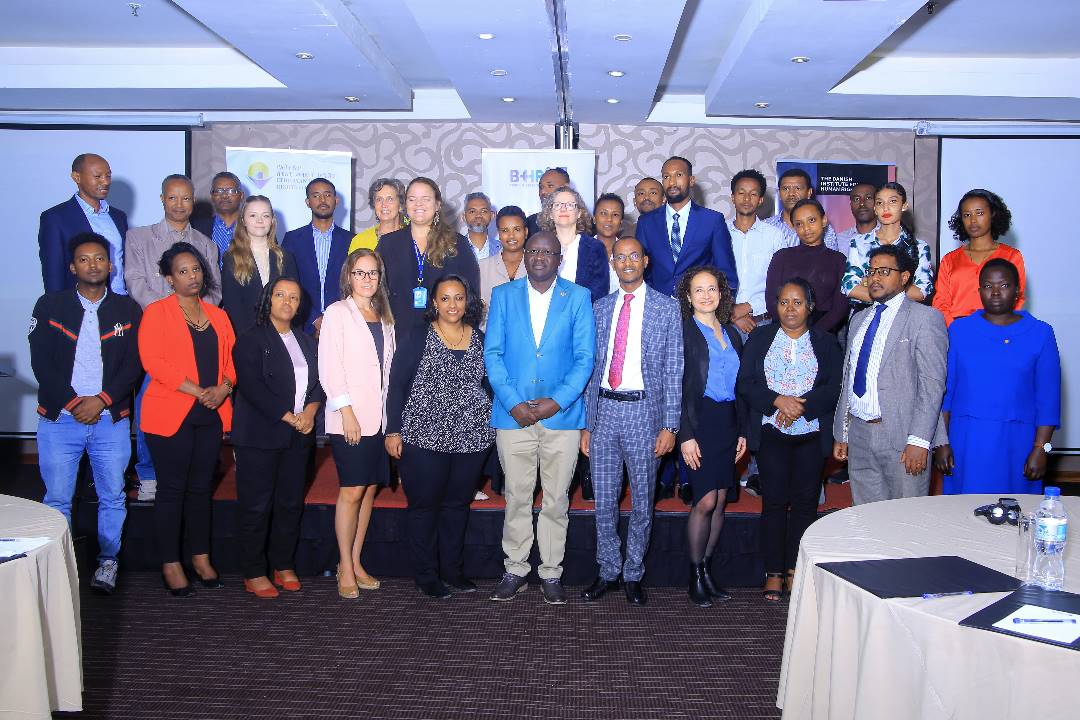The presentations addressed the United Nations Guiding Principles on Business and Human Rights, policy and regulatory developments on business and human rights worldwide and the status of business and human rights in Africa. They further highlighted the legal and policy frameworks on business and human rights in Ethiopia, indicating gaps in business-related human rights issues. Four case studies were presented on issues of human rights in the floriculture, energy, tobacco and health sectors business.


While Ethiopia has undertaken policy, legislative and institutional reforms to create conducive environment for business and investments, additional measures to promote business and human rights agenda in line with the United Nations Guiding Principles are yet to be taken. Since the second National Human Rights Action Plans of Ethiopia (2016-2020) has expired, conducting nationwide baseline assessment and adopting a national action plan is not only timely but also necessary. Participants also highlighted the need for government’s commitment address human rights issues in the context of business activities.



The implementation of such action plan would not only improve the contribution of businesses to human rights but would also ensure access to justice and remedy for victims of business-related abuses.


